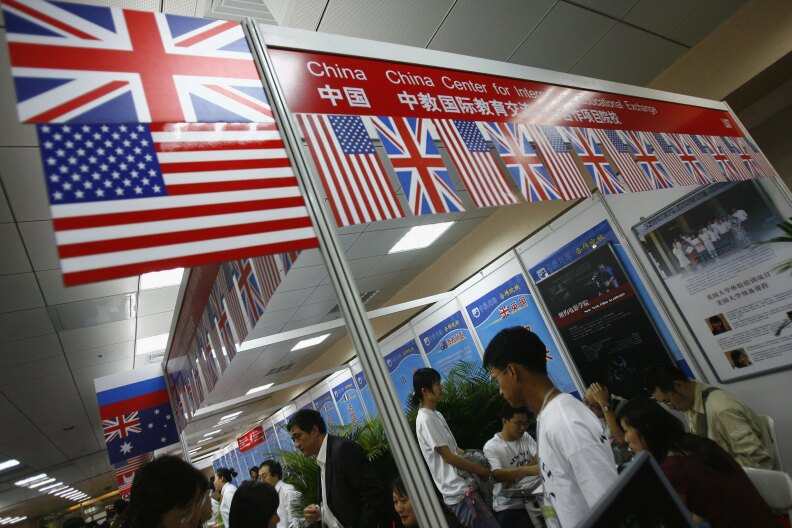A bill being heard on the House floor today aims to boost the nation’s brain trust.
HR 6429, known as “The STEM Jobs Act,” would offer 55,000 visas per year to foreign-born graduates of American universities with advanced degrees in science, technology, engineering and math. These highly-prized “STEM” graduates, says the bill’s author, House Judiciary Chairman Lamar Smith (R-Texas), are an asset to U.S. businesses and innovation and should be prioritized when it comes to green cards, rather than taking their skills and knowledge back to their home countries.
One problem: the measure would eliminate the Diversity Visa program, which uses a lottery system to ensure that visas are spread among a wide variety of applicants from underserved countries, such as Poland, Ireland and a number of African countries. Critics of the bill object to giving STEM immigrants preference over others who may not have the advantage of an advanced education.
A competing bill, sponsored by Rep. Zoe Lofgren (D-California), would grant special visas to the “best and brightest” without cutting back on the number of Diversity Visas.
Should the U.S. give highly-skilled immigrants a boost to the front of the line? Or should it keep the playing field level for all education levels? How do we decide who is most welcome to our shores?
Guests:
Robert Hoffman, senior vice president for government affairs, Information Technology Industry Council
Mary Giovagnoli, Director of the Immigration Policy Center











